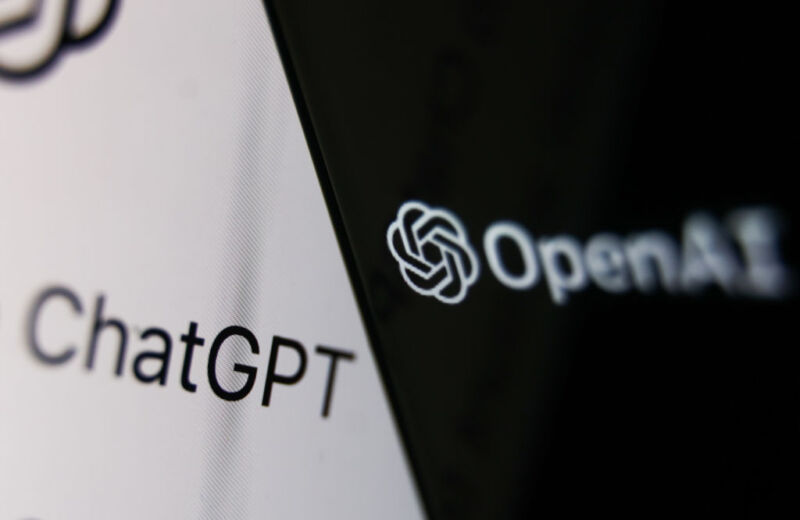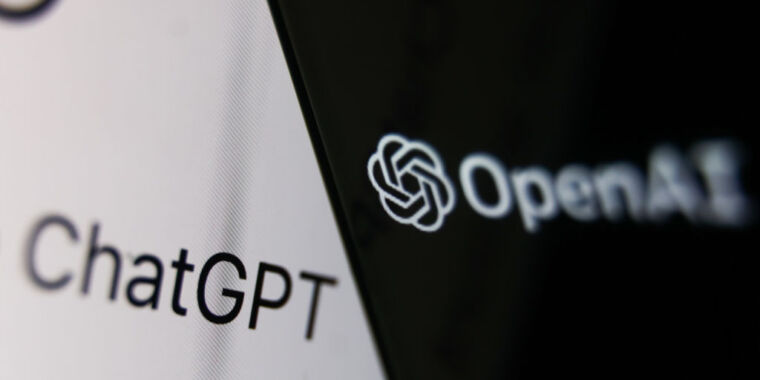
Getty Images
When ChatGPT – OpenAI’s ingenious, chatty, and sometimes unhinged chatbot – was asked this week how much the company behind it is worth, the answer was, “It’s likely worth in the hundreds of millions of dollars, if not more.”
Microsoft, which is rumored to weigh a $10 billion investment in OpenAI on top of an earlier $1 billion commitment, is betting the company is worth much more — despite the fact that neither ChatGPT nor OpenAI’s other AI models have yet raking in huge amounts of cash. OpenAI has built several impressive and eye-catching demos and supports a popular coder autocomplete feature offered by Microsoft’s GitHub. But despite the hype swirling around its technology, the startup has not created a breakthrough, highly lucrative product or company.

“We don’t really know what ChatGPT will be good at,” said James Cham, a partner at Bloomberg Beta, an investment firm. But while the bot’s path to wealth may not be clear, Cham shares the feeling of many VCs and entrepreneurs that the technology behind the bot will pay off big time. OpenAI’s technology is at the heart of a wave of interest in so-called generative AI, a term that encompasses algorithms that can generate text, images or other data.
Cham compares the current situation to the early days of the Internet, when a series of obscure but evocative demos preceded a major change in how software, tech companies and wider society work. “We’ve had great AI demos for decades, but this is the first one where you give it to someone and they’re really excited about the possibilities,” Cham says of ChatGPT.
OpenAI’s chatbot took the internet by storm when it was released in December 2022, demonstrating an uncanny ability to answer questions and perform tricks such as crafting largely cohesive essays, producing working computer code, and musing on the meaning of it. life. It is powered by GPT-3, a text generation algorithm developed by OpenAI, which has been given massive amounts of text slurped from the web and other sources and then given additional training on how to answer questions.
Some developers were so inspired by ChatGPT that they quickly used it to create apps, such as a spreadsheet assistant capable of performing complex calculations in response to a simple typed request.
But because of the way ChatGPT works – by finding statistical patterns in text rather than associating words with meaning – it also often makes up facts and figures, misunderstands questions and shows biases in the training data. This is likely to complicate efforts to deploy the technology at scale, for example by mixing misleading or biased information into search results.
One of the reasons for tech industry excitement surrounding ChatGPT, fueled by its parlor tricks, is the suggestion that it could disrupt the long-standing dominance of Google and other tech giants, by enabling small businesses to beat much bigger competitors. A popular theory is that the bot could transform web search.

